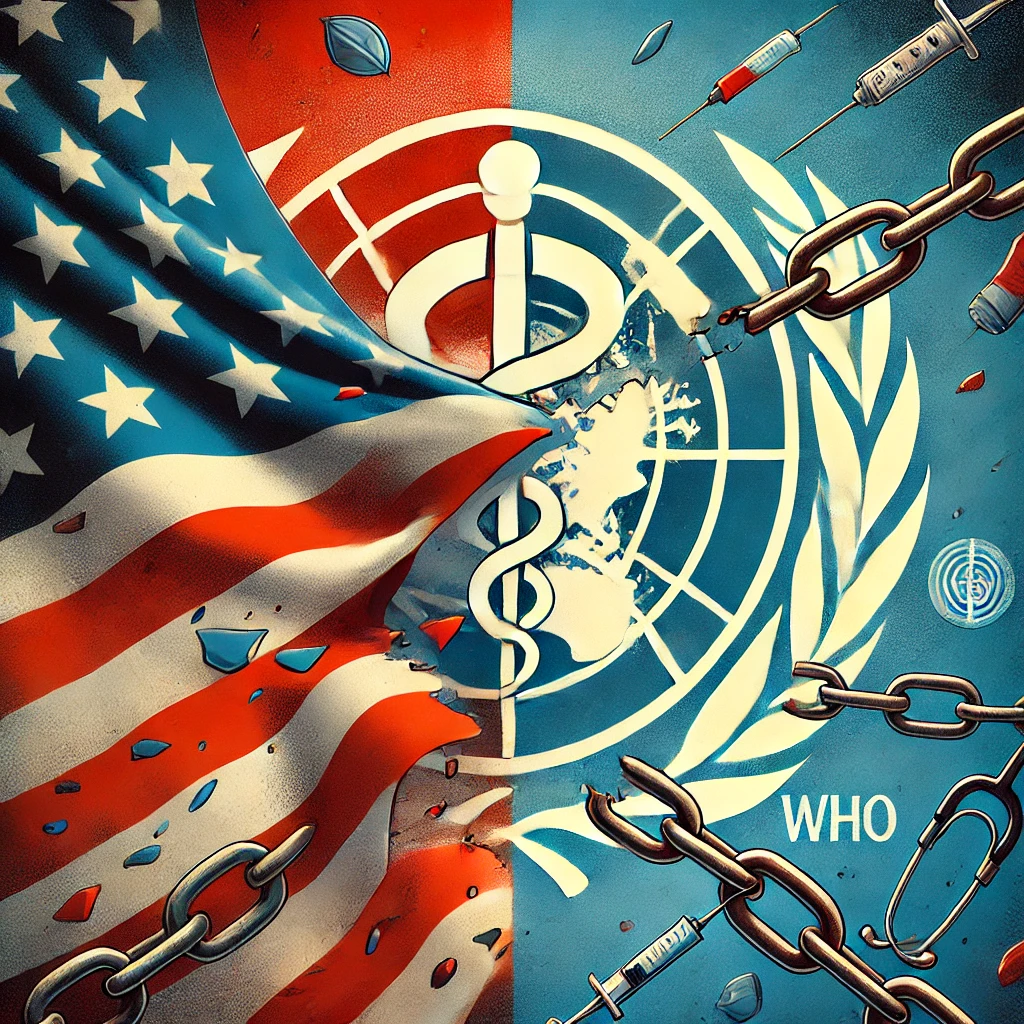On January 20, 2025, a landmark Executive Order formalized the United States’ decision to withdraw from the World Health Organization (WHO). This move stems from longstanding concerns about the organization’s inefficiencies, lack of accountability, and perceived political biases.
Key Reasons for Withdrawal:
- Pandemic Mismanagement: The WHO’s handling of the COVID-19 crisis and other global health emergencies revealed critical failures, raising doubts about its preparedness and leadership.
- Need for Reforms: Despite calls for structural improvements, the WHO has not implemented meaningful changes to enhance transparency or governance.
- Political Influences: Allegations of undue political influence from member states have compromised the organization’s neutrality.
- Disproportionate Financial Burden: The United States contributes significantly more to the WHO than other countries, including China, whose contributions are notably lower despite its much larger population.
This decision reflects the administration’s commitment to reevaluating U.S. participation in global organizations and prioritizing reforms that ensure fairness, effectiveness, and independence. While the withdrawal signals a shift in international health policy, it also opens the door for potential new frameworks for global health collaboration.
The U.S. will continue to seek avenues to address global health challenges, but under terms that align with its principles and interests.
Reference: WH

